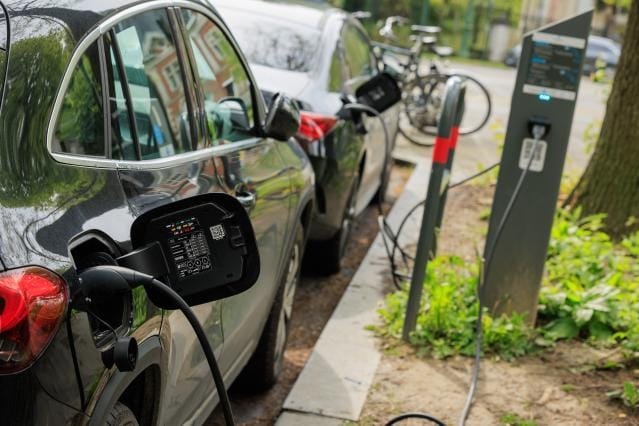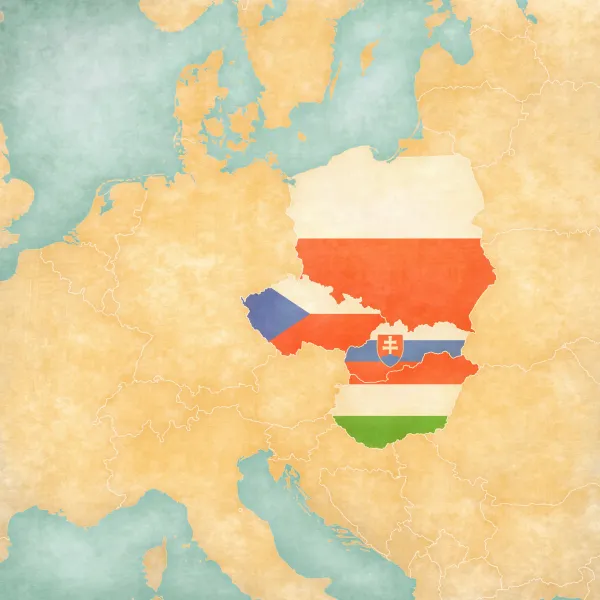
EU to slap large tariffs on Chinese BEVs
The European Commission (EC) published a draft package on battery electric vehicles (BEVs) imported from China, including tariffs of between 17.4% and 38.1% on manufacturers, in addition to the 10% they already pay, on Wednesday, 12 June.
The EC wrote that it has “provisionally concluded that the battery electric vehicles value chain in China benefits from unfair subsidisation, which is causing a threat of economic injury to EU BEV producers”.
The individual duties the EC would apply to the three sampled Chinese producers would be 17.4% on BYD (Biyadi), 20% on Geely, which owns Volvo, and 38.1% on SAIC Motor Corp.
Other BEV producers in China, which cooperated in the investigation would be subject to the following weighted average duty of 21%. Those which did not cooperate in the investigation would be subject to 38.1% residual duty. US firm Tesla may receive an individually calculated duty rate, following a request.
The investigation also examined the likely consequences and impact of measures on importers, users and consumers of BEVs in the EU. France was a driving force behind the EU probe that resulted in Wednesday’s tariff announcement. The EU is also investigating subsidies to Chinese wind and solar companies and alleged market access restrictions for medical devices.
China, Hungary hit back at EU ‘protectionism’
The EC said it has “has reached out to Chinese authorities to discuss these findings and explore possible ways to resolve the issues identified in a (World Trade Organization) WTO-compatible manner”.
Chinese Commerce Ministry spokesman He Yadong called the move a “blatant act of protectionism” on Thursday. “It will not only damage the legitimate rights and interests of China’s electric vehicle industry, disrupt the mutually beneficial cooperation between China and Europe in new energy vehicles, but also will distort the global automotive industry and supply chains, including those of the EU,” he added.
Yadong said China reserves the right to present the case to the WTO and will take “all necessary measures to safeguard the legitimate rights and interests of Chinese enterprises”.
Should discussions not reach a solution, the provisional duties will be introduced from 4 July in a form to be decided by customs in each EU member state that would only be collected if and when definitive duties are imposed within a four-month deadline from the provisional duties.
Inside the EU, criticism of its tariff plans came from Hungary, which recently hosted Chinese President Xi Jinping on a three-day visit and is considered China’s closest European ally.
“Exaggerated protectionism is not the solution,” Hungarian National Economy Minister Marton Nagy said in a ministry statement later on Wednesday. Nagy called the proposal as “doubly discriminative, against China and certain manufacturers”, and “almost unprecedented”.
The EU should bolster the global competitiveness of the European vehicle industry, rather than curb competition through tariffs, Nagy said, adding that Hungary is drafting a European action plan to speed up the spread of electric vehicles and to boost competition, to be presented at the EU Competitiveness Council meeting on July 8-9.





